Little Women
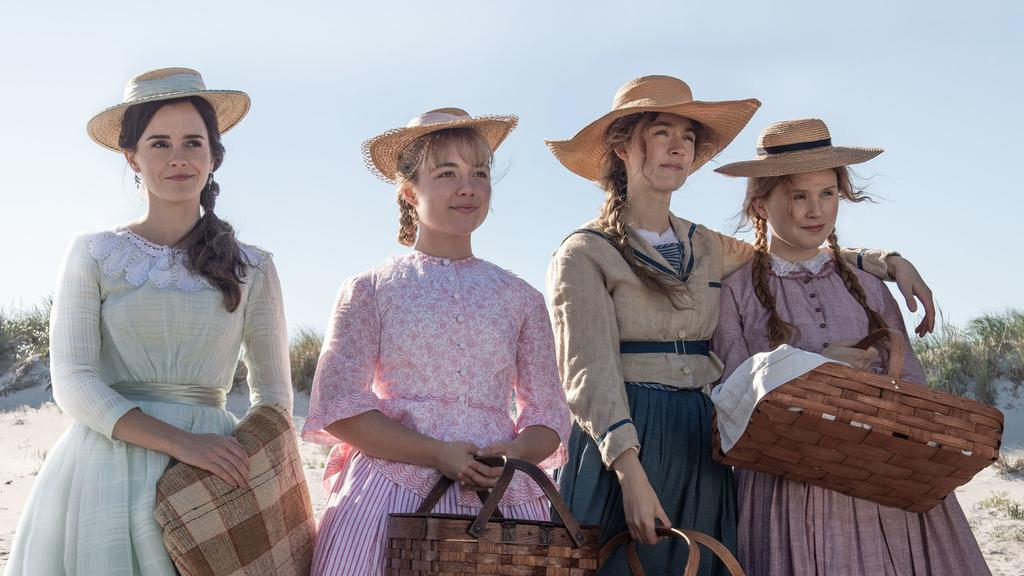
There truly is no way to measure the level of excitement and anticipation that circle around Greta Gerwig’s directorial projects these days – an almost unbelievable statement given her limited credits as a director and only recent mainstream success. Nonetheless, acclaim is earned, not given, and there is no director more deserving of the upwards trajectory on which she finds herself.
2017’s Lady Bird saw Gerwig become a household name as she was nominated for the Academy Award for Best Director, becoming the first woman in eight years, and one of only five in history, to be nominated for the prestigious category. Her way of championing leading women and breaking the traditional foundations of the growth and maturity of female characters has labelled her a revolutionary and a much-needed breath of fresh air to modern cinema. So it is safe to say that when it was announced that she would be directing an adaption of Louisa May Alcott’s novel Little Women, the consensus was that there could be no better fit.
Little Women follows the lives of the four talented March sisters: artistic Amy (Florence Pugh), writer Jo (Saoirse Ronan), aspiring actress Meg (Emma Watson) and musician Beth (Eliza Scanlen), who grow from girls into young women in a world of prejudice and inequality, a time of suffering in the United States due to the Civil War. A companion to the family, Theodore “Laurie” Lawrence (Timothee Chalamet), provides compassion and romantic interest to the girls, and although their paths split and cross, his connection with Jo and Amy never wavers. For the March girls, sisterhood and unity are the most important things in life, but as times change, the sisters find themselves facing the impurities of adult society and the problematic economic injustices that come with their gender.
Gerwig has taken Alcott’s original two-novel structure (Little Women and its sequel Good Wives) and meshed them together into two parallel plots that run concurrently. It is a cunning storytelling tool, through which the audience is transported to two different periods in the characters’ lives, allowing us to witness how they develop as they ascend into adulthood. The simplicity of childhood and the struggles of the future become a stark comparison for the audience as much as the girls. Undeniably, an immense amount of thought and heart has been invested in the screenplay on behalf of Gerwig, much to the audience’s benefit.
There will, of course, always be comparisons made to Gillian Armstrong’s 1994 adaptation, but Gerwig has placed her own stamp on this take along with her incredibly talented cast. She has decided to stick with Lady Bird stalwarts Ronan and Chalamet, and needless to say it has paid off. Ronan continues to be the leading lady she has established herself to be, playing the fierce yet insecure Jo with effortlessly immersive ability, and Chalamet floats around the sisters, offering advice and thousand-yard stares that look deep into your soul as the broken-hearted Laurie.
The standout performance, albeit difficult to pinpoint amongst a crowd with such volumes of chemistry, is Pugh, who is turning into one of the most impressive actresses of our time. Given one of the more difficult characters to embody, she plays the childish Amy with a devilish attitude and transforms her into a strong-willed woman finally breaking away from the shadow of her older sister. Laura Dern and Scanlen put in two of the film’s most subtly underrated presentations as Marmee and Beth respectively, the latter providing one of the most innocent, intimate and emotional performances of 2019.
Performances aside, the cinematography is a vision to behold on its own, with the luscious palette of autumnal auburns and greens setting the beautiful New England backdrop suddenly transforming into a world of snowy white and, eventually, darkness, as the incorruptibility of adolescence begins to creep away. With its glorious period costumes, the picture takes the viewer by the hand and whisks them away into a 19th-century dream world, taking every step with its characters through the woodland, the busy streets of New York and grand mansions of Europe. Within these environments there is humour sprinkled throughout too, but in respectfully cautious amounts, as ultimately it is in its emotional power that the feature’s significance truly remains.
Little Women is nothing short of incredible, with wit, emotion, destruction and heroism at its core. An indelibly charming film, it is no wonder that Alexandre Desplat’s dreamy score has been nominated for a Golden Globe alongside Saoirse Ronan’s performance, as it provides the sweeping and tear-jerking accompaniment that the movie’s story deserves, truly placing the cherry on top of a delectable cinematic experience.
Guy Lambert
Little Women is released nationwide on 26th December 2019.
Watch the trailer for Little Women here:

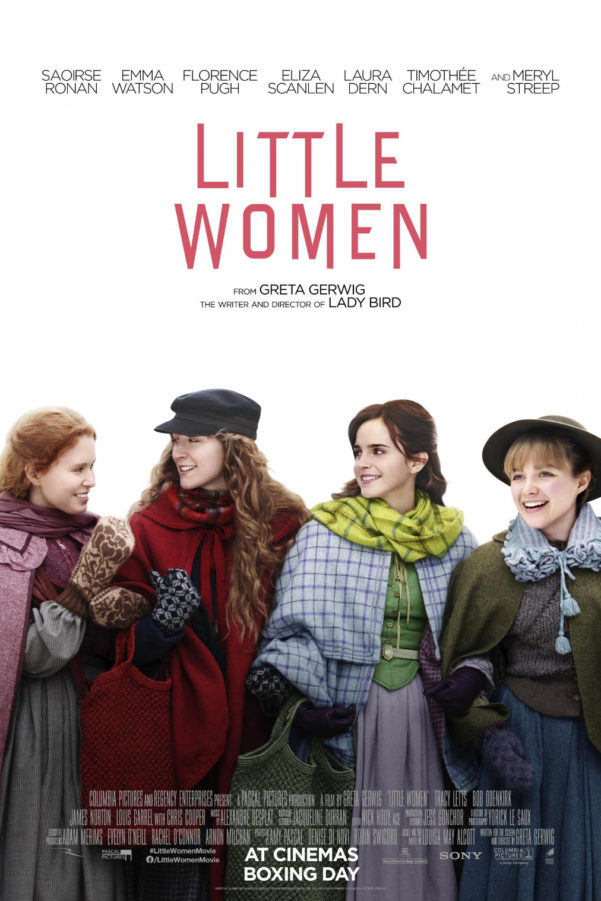
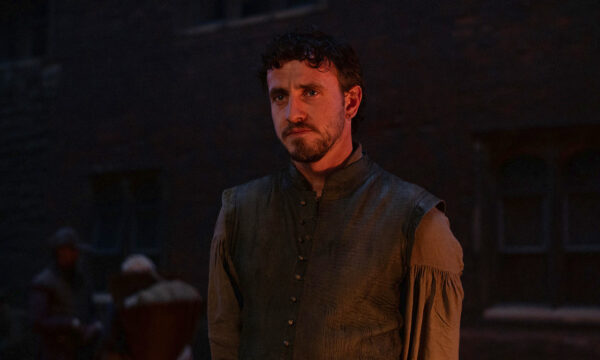

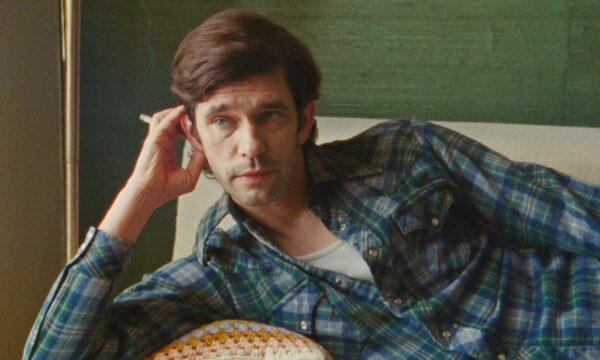
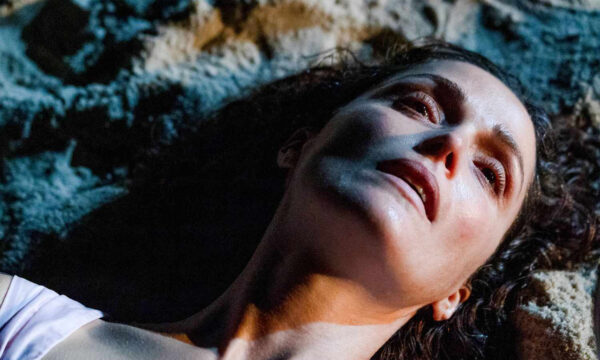



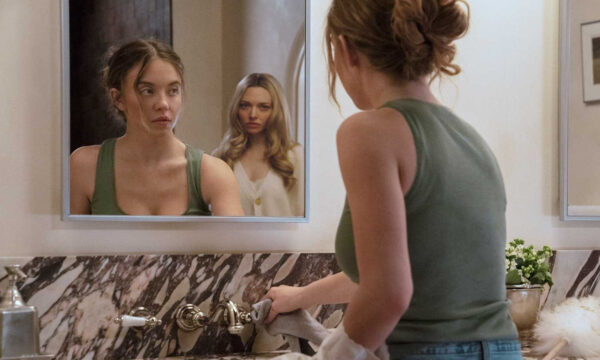

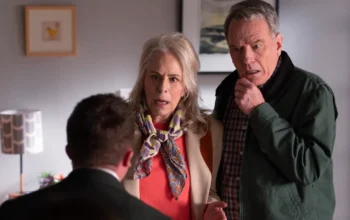
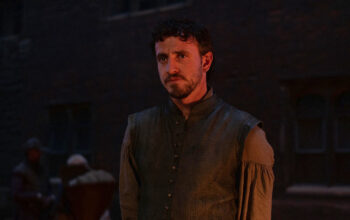






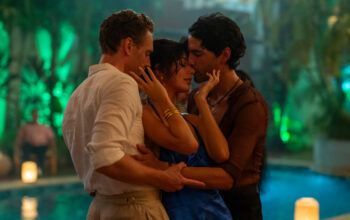


Facebook
Twitter
Instagram
YouTube
RSS